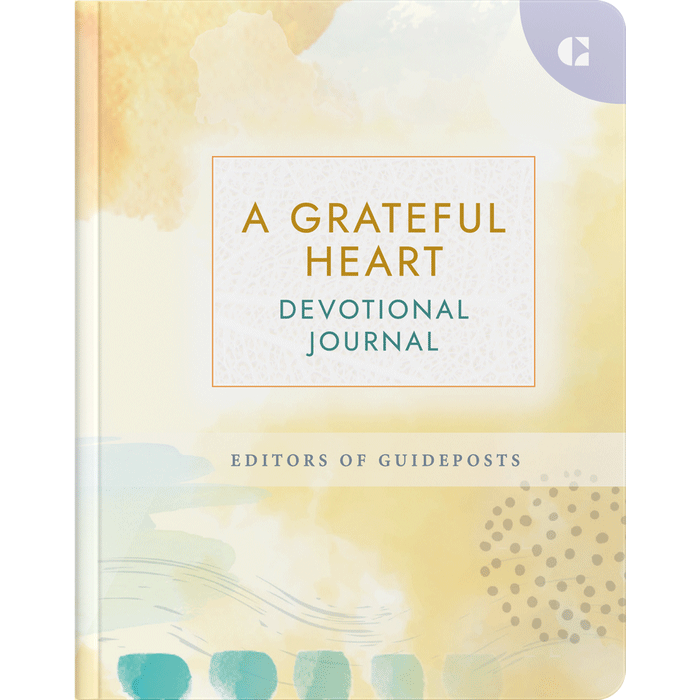Rob Bell, founder of Mars Hill Bible Church in Michigan—once hailed as one of the fastest growing churches in America—has never been shy about offering his own, sometimes idiosyncratic, spin on some of the most important issues in Christian theology and practice. To understand where Bell is coming from when he does so, it’s essential to understand his views on the Bible and on God—and how we should relate to them.
The key point, Bell says in one of his best-selling books, What We Talk about When We Talk about God, is that the Bible must be interpreted and has been interpreted throughout history many different ways, with scholars considering the historical context as well as the etymology of the words being used in the original languages of the Bible, in order to get to the heart of what Scripture really means—important context that can get lost in translation. “I want us all to have faith big enough to handle whatever challenges come our way and open enough to celebrate whatever new discoveries we make in this world,” he says.
That idea of openness—of being planted firmly in faith, like a tree with deep roots that is able to bend instead of break when new information arises—is at the heart of his understanding of who God is. God, Bell says, is not, “behind [us], back there, in the past, endlessly trying to get us to return to how it used to be.” Instead, God “is ahead of us, pulling us forward… with a better, more inspiring vision for our future than we could ever imagine.”
In his latest book, The Zimzum of Love, written together with his wife Kristen, Bell applies this approach to a topic of much discussion in some parts of the Christian evangelical world today: specifically, the question of whether the Bible demands that wives submit to their husbands.
Though many evangelical Christians today take what is known as a “complementarian” view of marriage—that women exist as complements to their husbands and therefore should be submissive—the Bells take an egalitarian approach, inviting couples to “transcend those binaries, becoming aware of the divine presence in all life.”
To drive home the point that marriage ought to be an equal partnership, the Bells write The Zimzum like a conversation between the two of them, like dialogue in a play, with both of them responding to the topics each chapter addresses.
“We have heard that there’s a world of people still discussing how the woman submits to the man, which, to us, just seems completely insane. It’s 2014! What are you talking about?” Bell tells Guideposts.org. “So if this in any way can breathe fresh air to people who have known that’s an insane tale, that would be great.”
That the idea of women submitting to their husbands is even in question is relatively new, however. The Apostle Paul suggests in Ephesians that this is the norm, and Christian historian Mark Noll, Ph.D., explains to Guideposts.org that “female submission” was something taken for granted in Western (and non-Western) society until recently.
“As many have pointed out, the really radical thing about the New Testament is Paul’s urging that men actually love their wives, rather than treating them as reproduction machines,” Noll says. “In the context of the first century, the Ephesians 5 passages about women submitting to their husbands as the church to Christ would have been barely noticed; the injunctions moving the other way, with greater respect for women and the institution of marriage, were the unusual statements.”
It was not until the rise of the modern women’s rights movements that submission became an issue of interest, Dr. Noll explains.
But Bell breaks down the Ephesians 5 passage even further, saying, “The passage begins, ‘Submit to one another.’ It begins with a command for everyone. It means to put first the well-being of someone else. Then it says, ‘Wives, to your husbands, submit.’ Paul simply repeats himself, and ‘Husbands, love your wives like Christ,’ which means lay down your life for your wife. So to take the part about the woman’s duty and to extract it from the overall passage does such violence to the biblical text.”
“If you actually love each other like [Paul commands], the last thing you’re going to be doing is arguing about who’s in control. If you’re arguing about that, you have so lost the point of marriage.”
Christian historian Kate Bowler, Ph.D., tells Guideposts.org that what the Bells appear to be doing in their rejection of submission in The Zimzum is interesting, considering that even those proponents of submission in the evangelical community don’t often get specific about what submission should look like in individual marriages. And even as more women become church leaders and even co-pastors, they still often stand to the side of their husbands, the traditional “priests” of the household and of the church.
The Bells, on the contrary, champion marriages to be partnerships between equals, mirrored off of the zimzum, which is a Hebrew word that represents the space God created outside of Himself in order to make room for the universe. Their philosophy is that both partners should make a conscious decision to create space outside of themselves in order to make room for the other and to prioritize their life together.
In essence: You shrink yourself so that something greater than you—your marriage—can grow and thrive.
But while both partners must shrink, the Bells emphasize the importance of neither partner disappearing in the marriage and both being allowed to be individuals with their own God-given purposes, traveling and enjoying life as a team.
“I really hope that [this book] sets people free to find the joy in marriage,” says Mrs. Bell. “Marriage can be hard because the things that matter most in life take effort, but it can also be this joyful adventure that you’re on together. The two of you are creating something together.”
The Bells’ marriage manual, complete with discussion questions and further reading suggestions and activities, aims to help couples recognize that what they’re creating together is something energetic, light-filled and unknowably deep. When couples understand the profundity of marriage, that’s when “the love can flow all the more freely between you.”
That’s the zimzum.






